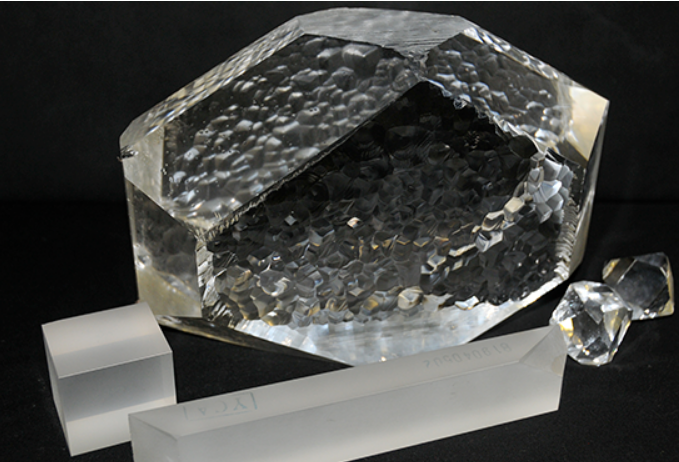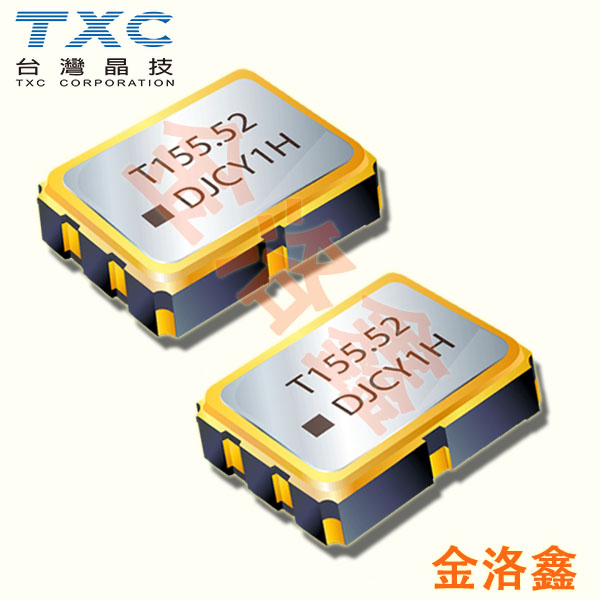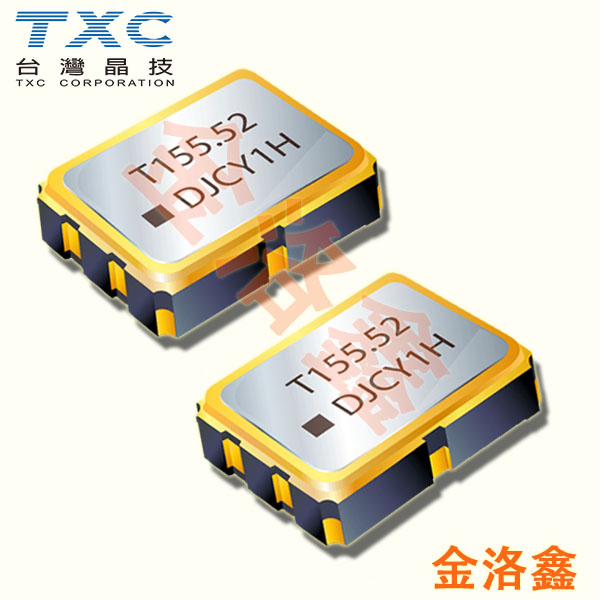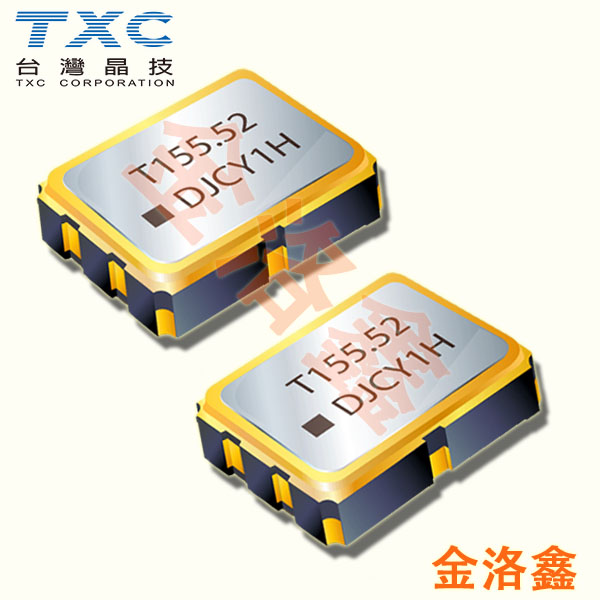許多采購和工程都知道�,經(jīng)常使用的石英晶體原材料是石英和水晶,基本上都是采用人工培植的�����,原始形態(tài)就如同圖中的水晶�,無規(guī)則的菱形,需要用專門的工具和技術(shù)進(jìn)行加工�����。第一步就是將石英棒切割成所需要的大小�����,以mm為計算單位��,因為太小所以要計量精準(zhǔn),晶片的大小和厚度都要把握的剛剛好���,以下是關(guān)于石英晶體諧振器和石英晶體振蕩器生產(chǎn)的重要流程�����。

晶振的制造可分為四個部分:切割����,研磨���,整理和質(zhì)量控制。
A.切割
切割操作是在石英棒上進(jìn)行的第一個過程�����。用特殊的切片機將棒切成尺寸為1.27mm×1.27mm×0.04mm的小方形骰子����。切割骰子的角度對于成品貼片晶振的整體性能非常重要。特殊的X射線單元用于確保相對于原子平面的適當(dāng)切割角度�����。
B.研磨
從“母石”切下的石英骰子,稱為“空白”���,現(xiàn)在經(jīng)過研磨精密研磨機�。當(dāng)晶體被研磨時�,首先在一臺機器上,然后在另一臺機器上��,實現(xiàn)在坯料主表面上逐漸更精細(xì)的光潔度���。由于研磨操作減小了坯料的厚度��,石英晶體諧振器的頻率增加���。對研磨機的適當(dāng)控制將導(dǎo)致產(chǎn)生具有極其精確頻率的晶體。
C.整理
在將石英坯料研磨至將產(chǎn)生所需頻率的厚度之后����,將它們徹底清潔并將金屬電極真空沉積在它們的兩個主面上。電極拾取存在于諧振器表面上的電脈沖并將它們引導(dǎo)至彈簧���。反過來��,彈簧拾取電脈沖����,此外,還有助于將晶體支撐在其安裝基座上��。
安裝音叉晶體后進(jìn)行最終頻率調(diào)整��。在每個晶體上真空沉積附加金屬����。最后一步是通過將金屬罐焊接到其底部來密封晶體,以保護(hù)易碎的坯料免受濕氣����,空氣,處理等的損害�����。
D.質(zhì)量控制
在過程質(zhì)量控制中��,在各種制造步驟中�,確定有利的產(chǎn)量����。在完成完成的裝置之前��,它們在質(zhì)量控制站進(jìn)行徹底測試���,在最低-55攝氏度到+125攝氏度的溫度范圍內(nèi),最重要的是注意穩(wěn)定的晶體頻率����。檢查晶體的“活性”,因為它表明石英水晶振動子振動的強度��,并且進(jìn)行“泄漏測試”以確保晶體與其環(huán)境密封��,以防止單元的劣化�����。
The manufacture of quartz crystals can be divided into four sections: cutting, grinding, finishing and quality control.
A.Cutting
The cutting operation is the first process performed on a quartz rod. The rod was cut into small square dice having a size of 1.27 mm x 1.27 mm x 0.04 mm using a special microtome. The angle at which the dice are cut is very important to the overall performance of the finished crystal. Special X-ray units are used to ensure proper cutting angles relative to the atomic plane.
B.Grinding
The quartz tweezers cut from the "mother stone", called "blank", are now milled with precision grinding machines. When the crystal is ground, a progressively finer finish on the major surface of the blank is achieved first on one machine and then on the other. Since the grinding operation reduces the thickness of the blank, the frequency of the crystal increases. Proper control of the grinder will result in a crystal with an extremely precise frequency.
C.Finishing
After the quartz blanks are ground to a thickness that will produce the desired frequency, they are thoroughly cleaned and the metal electrodes are vacuum deposited on their two major faces. The electrodes pick up electrical pulses present on the surface of the crystal and direct them to the spring. In turn, the spring picks up the electrical pulse and, in addition, helps to support the crystal on its mounting base.
Final frequency adjustment is performed after the crystal is mounted. Additional metal is vacuum deposited on each crystal. The final step is to seal the crystal by soldering the metal can to the bottom to protect the fragile blank from moisture, air, handling, and the like.
D.Quality control
In process quality control, advantageous yields are determined in various manufacturing steps. They are thoroughly tested at the quality control station before completing the completed device. At the lowest temperature range of -55 degrees Celsius to 125 degrees Celsius, the most important thing is to pay attention to the stable crystal frequency. The "activity" of the crystal is checked because it indicates the strength of the crystal vibration and a "leak test" is performed to ensure that the crystal is sealed to its environment to prevent deterioration of the cell.


 手機版
手機版











